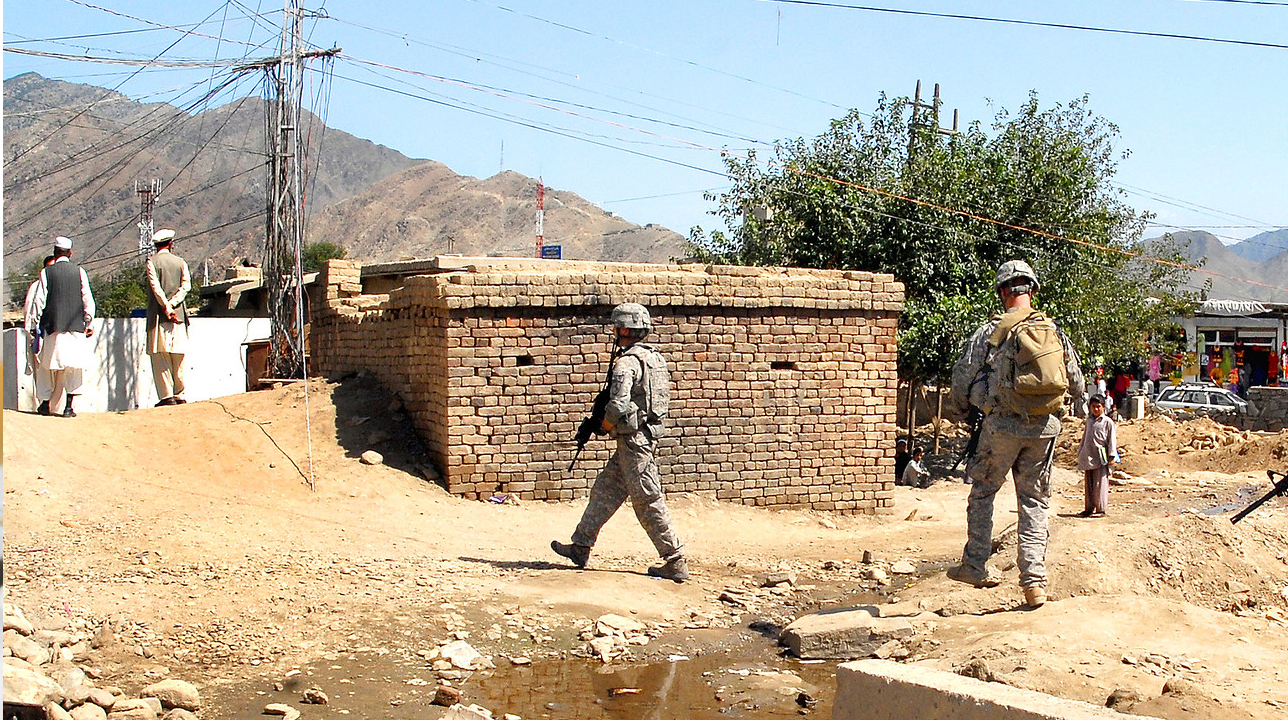
The fall of Afghanistan has drawn parallels with the fall of Saigon and the iconic images of helicopters evacuating personnel from the American embassy during the retreat from Vietnam in 1975.
For the UK, the humiliation is on a par with the Suez Crisis of 1956, when the UK lost its vested interests in Egypt with the election of nationalist President Gamal Abdel Nasser, which marked the decline of Britain as a world power. Britain’s great dependence on the US military came to a head in Kabul, where the UK Government claimed, it was compelled to follow Washington’s lead in abandoning Afghanistan.
The Taliban’s swift takeover of Kabul after the US, UK withdrawal has exposed the superpowers lack of achievement in 20 years, while the purpose of their mission is also being questioned.
Despite pouring trillions of dollars in a country thousands of miles away, the US and UK were eager to wash their hands of their debacle.
The original intervention was to use Afghanistan as a scapegoat for the 9/11 attacks. But the supposed counter-terrorism objective was switched when attention rapidly moved to invading Iraq on the orchestrated grounds to destroy Weapons of Mass Destruction that never existed.
The pretext for remaining in Afghanistan has shifted several times over the years, including for apparent nation-building, a task the military is hardly cut out for. Johnson and Biden were savaged in the British Parliament as whipping boys were sought for the costly fiasco that claimed so many lives.
“Did we just feel that we had to follow the United States and hope that, on a wing and a prayer, everything would be all right on the night?” Theresa May questioned.
Johnson confessed that the UK could not continue the war started by Tony Blair “without American logistics, without US airpower and without American might.”
Despite the resurgence of jingoism that accompanied, if not prompted Brexit the debacle in Afghanistan should also be the UK’s wake-up call to the reality that its imperialistic days are long gone, and it can longer punch above its much more modest weight.
The Foreign Secretary may be used as a fall guy if he is forced to resign for putting his holiday in Crete ahead of duty in Afghanistan.
However, Dominic Raab’s resignation won’t end the desperate need for a complete reassessment of the Government’s disastrous foreign policy centering on failing military escapades.
Johnson has hinted that he is already prepared to recognise the Taliban being a fait accompli of the tribal rulers of Afghanistan. Would recognition be any worse than the regimes with which the British Government has allied itself?
But rather than joining them, perhaps more of a reappraisal is required.
Legitimate human rights concerns must be at the UK’s centre if it wishes to maintain any global role. It must be a beacon for fair play and overcome the recriminations that are expected to haunt the country for years.